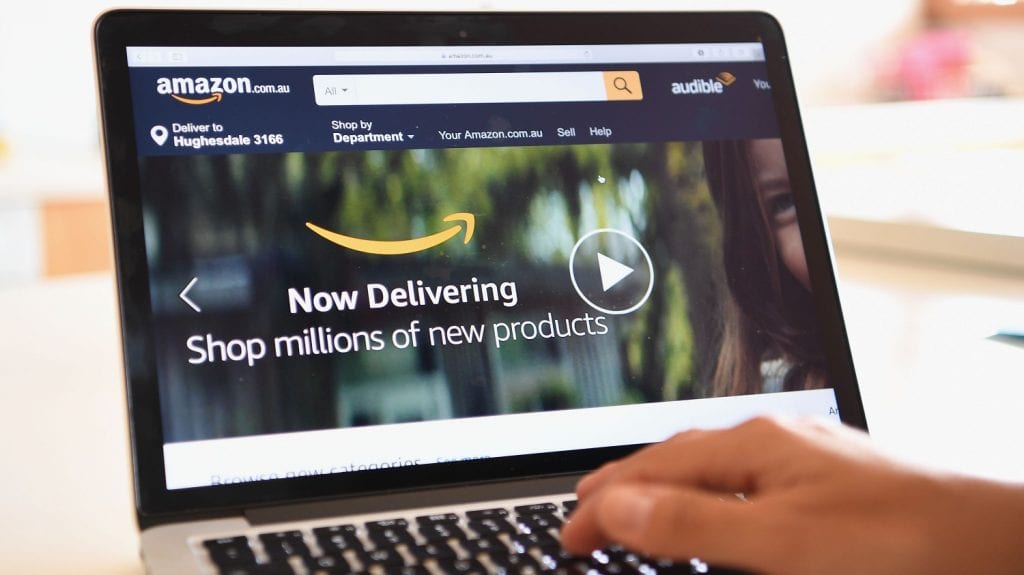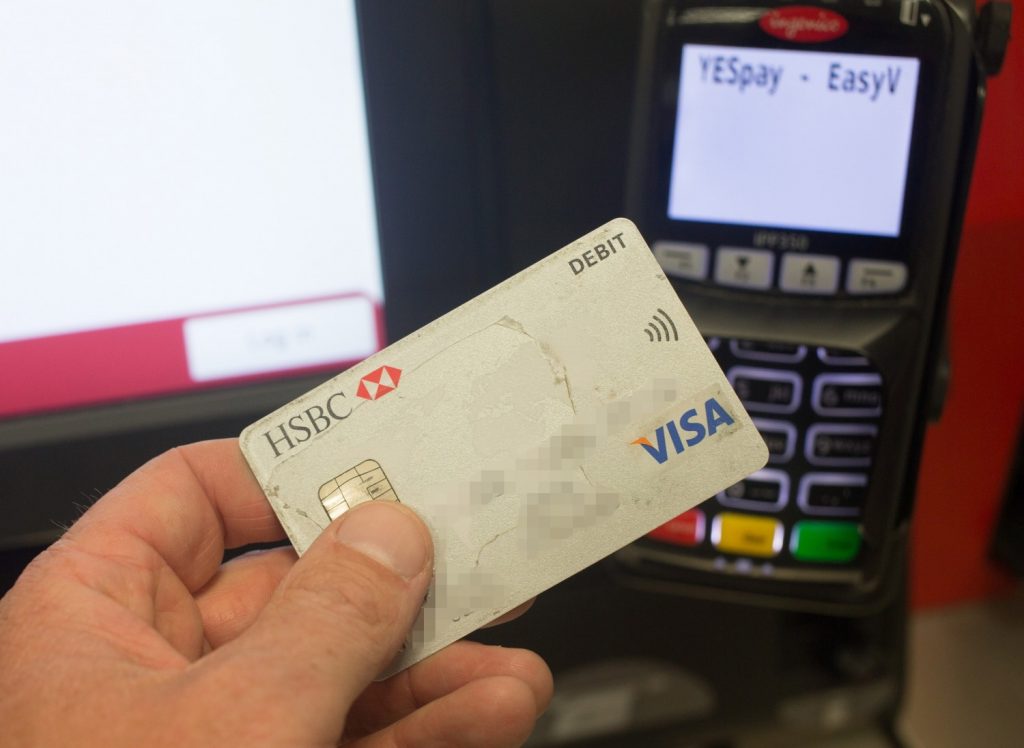For the second time in less than a year, Netflix customers are the target of an email scam. The last one, in September 2017, hit some customers in the U.K., but the latest is targeting binge-watchers right here in the U.S.
Both scams are similar, with those behind the scam using an email to tell customers there’s a problem with their payment information, and asking them to click a link and provide details to get their account back in working order.
Police in Grand Rapids, Michigan, are warning of the newest scam after receiving reports of the suspicious email.
In a Facebook post, the police department wrote, “The email then prompts you to click on a link and enter your personal information to include credit card numbers. This is not a legitimate email from Netflix and your accounts may be compromised/identity fraudulently used if you provide information.”
The police said that if you receive this email, or any email you find suspicious, close it without opening the links. They also advise that if you’re unsure about an email and worried about your account, try going directly to the company’s website to log in instead of clicking on links you get in an email.
It appears a version of the scam has also hit Australia, with the Department of Home Affairs issuing a similar warning to customers there:
Watch out for this Netflix email scam. Don’t be tricked into handing over your personal details. Visit #StaySmartOnline for tips to protect yourself https://t.co/5rs2hcZJ9n pic.twitter.com/IghwAi3Izm
— Australian Cyber Security Centre (@CyberGovAU) January 11, 2018
As with the scam in the U.K., there are some telltale signs the email is fake. Any time you see spelling and grammar errors, there’s a pretty good chance it didn’t come from a legitimate source. As one of our readers pointed out on Facebook, the first email used the word “informations,” which is a pretty solid clue, and the second email—though more realistic-looking—is missing a bit of punctuation.
Netflix asks that anyone who receives a suspicious email report it to them by forwarding it to phishing@netflix.com. A spokesperson for the company issued the following statement regarding the first round of emails:
“We take the security of our members’ accounts seriously and Netflix employs numerous proactive measures to detect fraudulent activity to keep the Netflix service and our members’ accounts secure. Unfortunately, scams are common on the internet and target popular brands such as Netflix and other companies with large customer bases to lure users into giving out personal information. Members who want to learn more about how to keep their personal information safe against phishing scams and other malicious activity can go to netflix.com/securityor contact Customer Service directly.”
It’s best to always be wary of emails from unknown senders, especially messages that contain links or attachments. Don’t click on a link or download a file unless you’re sure it’s from a trusted source.
Netflix isn’t the only large company to be the target of an email scam. Last year, Amazon Prime customers were receiving so-called “phishing emails.”
Those phony emails promised $50 bonuses in the form of a voucher. But a link within the email took victims to a fraudulent website designed to look like Amazon, and prompted them to enter log-in details, thereby giving the con artists access to their accounts.
Of course, scammers don’t only attack via email. You should know the other important ways to avoid scams. The “golden rule” of financial security is: If it seems to good to be true, it probably is.
Before you too excited at the prospect of a free vacation or some “unclaimed cash,” do some research and don’t hand over your personal information.
Speaking of protecting your financial information, shredding sensitive documents is always a good idea.
Your credit cards can also offer you some built-in protection against scams because you can report fraudulent charges to your account. But when you pay with cash or another method, such as a wire transfer, you may have little recourse when you find out you were scammed.
[h/t: Delish]











